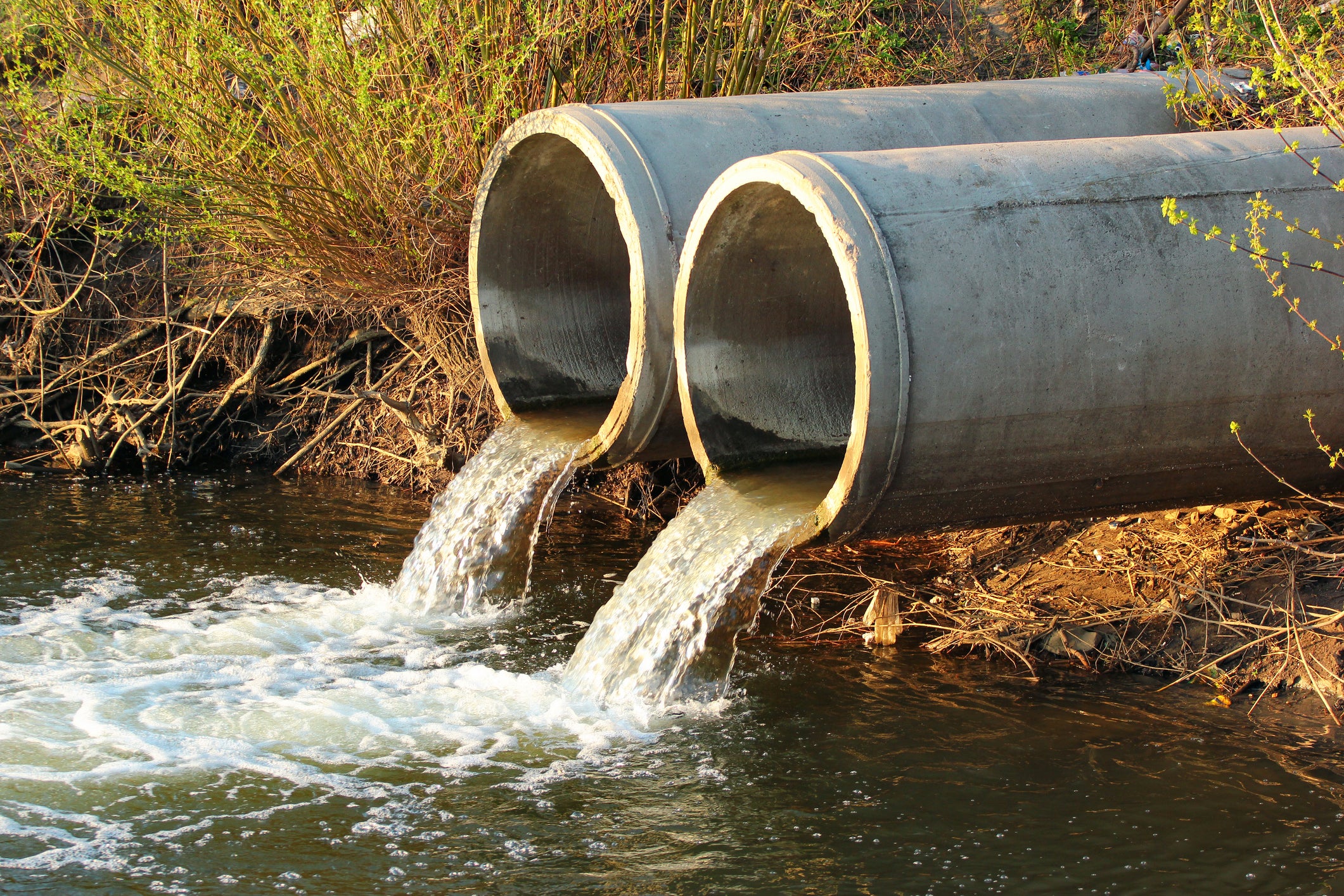Government says polluters can dump risky sewage into rivers as Brexit disrupts water treatment
Supply chain disruption leading to fears of water treatment chemical shortage

Your support helps us to tell the story
From reproductive rights to climate change to Big Tech, The Independent is on the ground when the story is developing. Whether it's investigating the financials of Elon Musk's pro-Trump PAC or producing our latest documentary, 'The A Word', which shines a light on the American women fighting for reproductive rights, we know how important it is to parse out the facts from the messaging.
At such a critical moment in US history, we need reporters on the ground. Your donation allows us to keep sending journalists to speak to both sides of the story.
The Independent is trusted by Americans across the entire political spectrum. And unlike many other quality news outlets, we choose not to lock Americans out of our reporting and analysis with paywalls. We believe quality journalism should be available to everyone, paid for by those who can afford it.
Your support makes all the difference.The government has given polluters the green light to dump risky sewage that has not been properly cleaned into rivers and the sea as Brexit and Covid disrupt normal water treatment.
In recent weeks some businesses have found it more difficult to get hold of water treatment chemicals because of supply chain disruption at ports blamed primarily on Britain's departure from the EU.
The Environment Agency this week said companies struggling to get hold of the required chemicals would be allowed to "discharge effluent without meeting the conditions" of their permits, which normally require water to be treated by a multi-step process.
Rolling shortages have hit different parts of the UK economy since the government took the country out of EU's customs union and single market – imposing new border bureaucracy on importers and exporters.
The ending of free movement and the creation of new red tape on doing business with Britain's largest trading partner has also exacerbated a shortage of lorry drivers, with the logistical nightmare compounded by coronavirus.
Water treatment is the latest sector to be hit, following concerns last week about a blood tube shortage hitting the NHS and reports of intermittent shortages in supermarkets across the country.
In a statement released on Monday, the Environment Agency said: "Normally, you need a permit under the Environmental Permitting (England and Wales) Regulations 2016 to discharge treated effluent from a waste water treatment works (WwTW) to surface water or groundwater. Permits contain conditions that control the quality of the effluent you can discharge.
"You may not be able to comply with your permit if you cannot get the chemicals you use to treat the effluent you discharge because of the UK’s new relationship with the EU, coronavirus (COVID-19), [or] other unavoidable supply chain failures, for example the failure of a treatment chemical supplier.
"If you follow the conditions in this regulatory position statement (RPS) you can discharge effluent without meeting the conditions in your permit. You must get written agreement from your Environment Agency water company account manager before you use this RPS."
Companies should "resume use of chemicals to treat effluent as soon as is practicable", the agency said. The regulatory relaxation will last until at least the end of the year, with an extension possible.
Water treatment works are divided into three grades under the licensing arrangements. According to the temporary changes, water companies will be allowed to dump sewage that has not been fully treated into rivers and seas from low- and medium-risk treatment works. The new arrangements do not allow for discharges from those treatment works designated as high risk.
Amelia Womack, deputy leader of the Greens told The Independent: "Our rivers are already appallingly polluted: water companies discharged raw sewage in UK rivers no fewer than 400,000 times last year.
"The public were rightly horrified by this failure of the Environment Agency to take action and clean up our waterways”
“Now, are seeing more pollution being sanctioned as a result of the failure of Government.
“This is a failure of their understanding on how our country’s most basic infrastructure works and using our environment as a dumping ground rather than addressing the root causes of the problem.
"To prevent further Brexit chaos and undermining of environmental protections, the government must work to mend supply chains and work to cooperate rather than trying to look 'tough'."
A spokesperson for Water UK said the sector was experiencing “some disruption to the supply in England of ferric sulphate, a chemical used at some drinking and wastewater treatment sites”. They said the issue was related to distribution and a shortage of HGV drivers.
A spokesperson for the Department of the Environment, Food, and Rural Affairs said the change was “strictly time-limited and there are robust conditions in place to mitigate risks to the environment”.
The spokesperson said that the “most sensitive and high-risk watercourses will not be affected and any company planning to make use of this short-term measure must first agree its use with the Environment Agency, which will be checking compliance”.
The government on Monday announced it would be indefinitely extending grace periods with the EU in order to delay the introduction of even more extensive bureacracy, which was set to come into effect later this year.
This article was updated on 8 September 2021 to remove an inaccurate reference to ‘raw sewage’. The water in question has been partially treated but has not undergone all the steps normally required. It also incorrectly referred to three risk categories in relation to different grades of waste water, whereas in fact the risk categories were assigned to different water treatment works.
Join our commenting forum
Join thought-provoking conversations, follow other Independent readers and see their replies
Comments